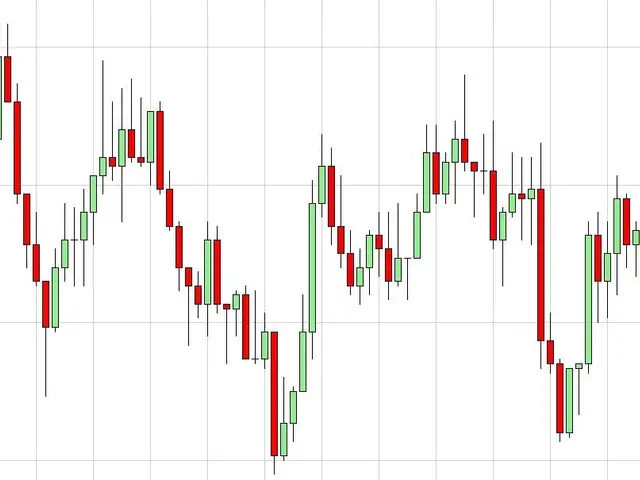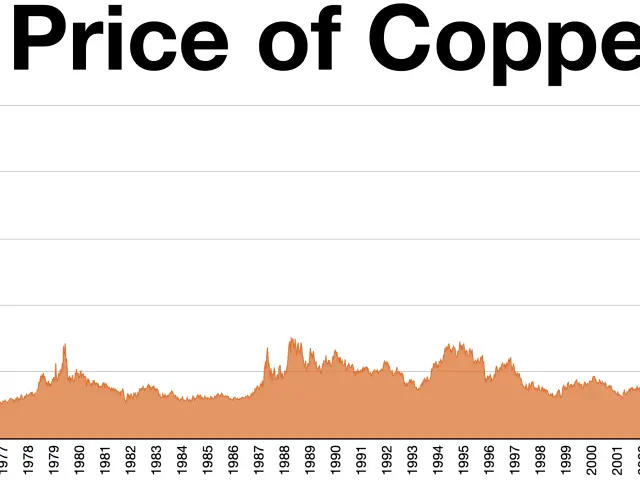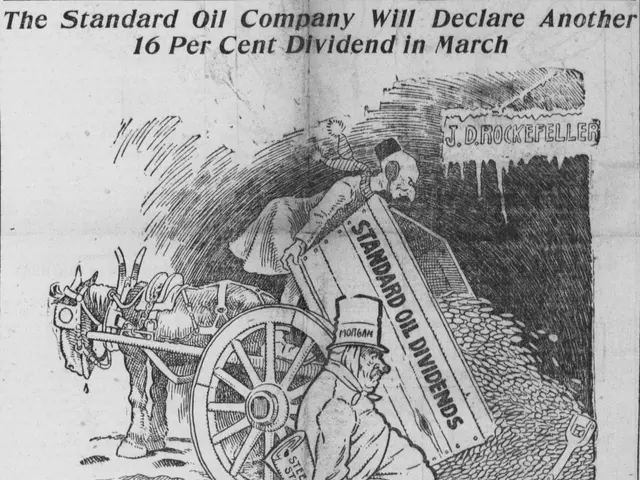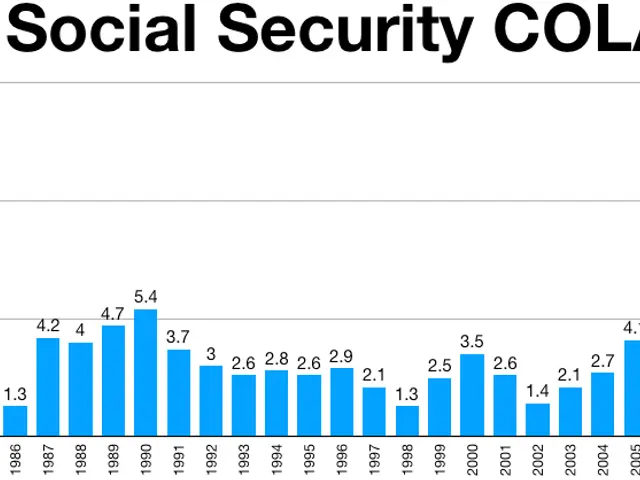Saving strategies are becoming more influential in fostering financial advancement.
In Germany, a significant portion of the country's financial wealth, approximately 40 percent or 2.8 trillion euros, is trapped in zero-interest or low-interest accounts [1]. This trend has been on the rise, despite repeated mentions.
The share of time and savings deposits in total financial wealth decreased slightly by one percentage point from 2019 to 2020. However, this decrease was offset by an increase in cash and sight deposits, with around 2 trillion euros now parked in these accounts, representing a growth of 229 billion euros from 2019 [2].
The current inflation rate in Germany stands at around 2.0% year-over-year, with core inflation reaching 2.7% in July 2025 [3]. This inflation rate is higher than the returns offered by most zero-interest or low-interest accounts, such as those provided by the European Central Bank, which have been around 2.9% or lower recently [4].
This discrepancy between inflation and account returns can lead to a significant loss of purchasing power. For instance, if one were to keep €100 in a zero-interest account, its purchasing power would decrease to approximately €98 after a year due to inflation [5]. This erosion accelerates over time, making it crucial for savers to seek investments or savings vehicles that offer returns at least equal to the inflation rate.
Professor Oscar A. Stolper, from Philipps University in Marburg, conducted an analysis on behalf of Union Investment, revealing that a portion of investors may have shifted towards more profit-oriented investments in 2020 [6]. This shift could potentially mitigate the impacts of inflation on purchasing power loss.
However, with inflation picking up again, the potential for purchasing power loss remains a concern. As such, it is essential for savers to be aware of the risks associated with zero-interest or low-interest accounts during periods of inflation.
References:
[1] Deutsche Bank (2021). "German households' wealth surpasses 7 trillion euros." Retrieved from https://www.db.com/en/institutional-investor/research/research-articles/2021/german-households-wealth-surpasses-7-trillion-euros.html
[2] Deutsche Bundesbank (2021). "Monetary statistics." Retrieved from https://www.bundesbank.de/en/statistics/monetary-statistics
[3] Statistisches Bundesamt (2021). "Inflation in Germany." Retrieved from https://www.destatis.de/EN/Themes/National-Economy-Environment/Price-Indices/Inflation-in-Germany.html
[4] European Central Bank (2021). "Interest rates." Retrieved from https://www.ecb.europa.eu/mopo/implement/rates/html/index.en.html
[5] Calculation based on an annual inflation rate of 2%.
[6] Union Investment (2021). "Analysis reveals shift in German savings behavior." Retrieved from https://www.union-investment.de/en/media/news/2021/analysis-reveals-shift-in-german-savings-behavior.html
Investing in profit-oriented financial instruments could potentially help individuals maintain or even increase their purchasing power, considering the inflation rate in Germany and the low returns offered by zero-interest or low-interest accounts. Awareness of the risks associated with such accounts, particularly during periods of inflation, is essential for savers managing their personal finance and wealth-management strategies.






